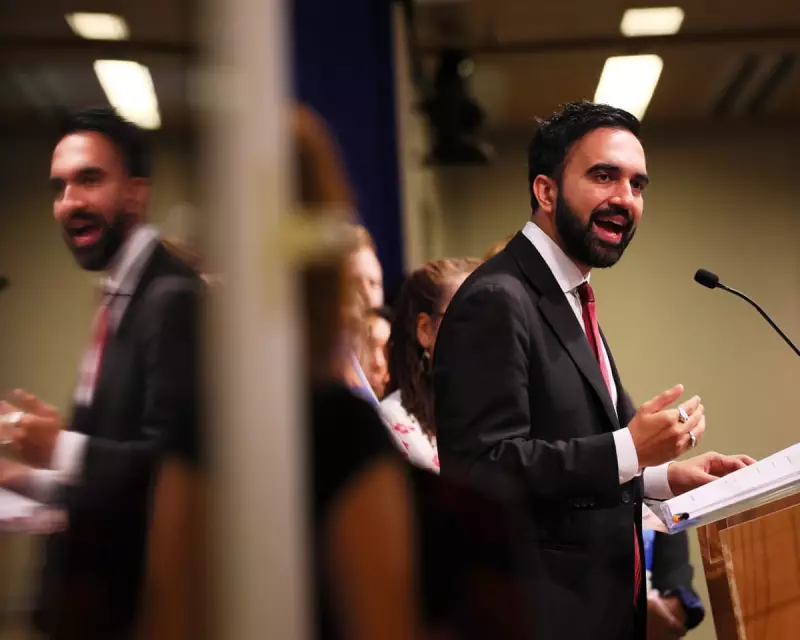
New York Assemblyman Zohran Mamdani has launched a scathing critique against the city's mayor, accusing him of fostering Islamophobia through his policies and rhetoric. The controversy has ignited a broader conversation about discrimination and the role of political leaders in addressing systemic biases.
A Bold Accusation
Mamdani, a progressive voice in New York politics, did not mince words when he called out the mayor for what he described as "a pattern of divisive and harmful actions" targeting Muslim communities. The assemblyman highlighted several instances where he believes the mayor's decisions have disproportionately affected Muslim residents, from policing strategies to public statements.
The Mayor's Response
In response, the mayor's office has denied any intentional bias, insisting that their policies are designed to serve all New Yorkers equally. However, critics argue that the denial fails to address the underlying issues raised by Mamdani and others in the community.
A Growing Movement
The backlash against the mayor's perceived Islamophobia is part of a larger movement demanding greater accountability from elected officials. Advocacy groups and community leaders have rallied behind Mamdani, calling for concrete steps to combat discrimination and promote inclusivity.
What's Next?
As the debate intensifies, all eyes are on how the mayor will respond to the mounting pressure. Will he take meaningful action to address the concerns, or will the divide continue to grow? One thing is clear: the conversation around Islamophobia in New York is far from over.





